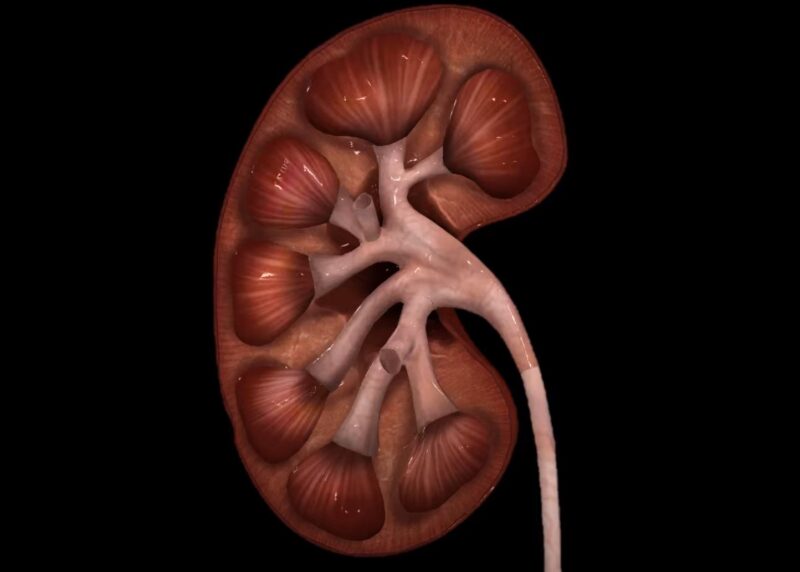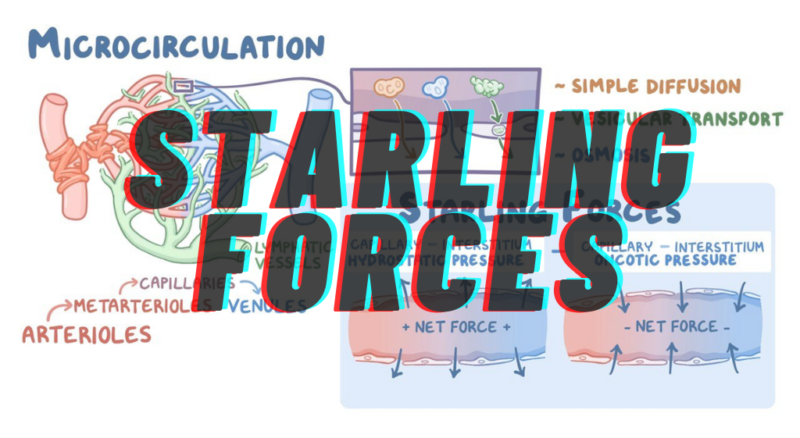In renal physiology, the concept of glomerulotubular balance stands as a cornerstone in understanding healthy kidney function. This critical mechanism ensures the efficient reabsorption of water and solutes, maintaining the delicate equilibrium our bodies need to function optimally.
As we explore this topic, it is essential to appreciate not just the scientific precision with which the kidneys operate but also the profound impact of this balance on overall health.
Today, we will discuss the interplay between the glomeruli and tubules, explaining how disruptions in this balance can lead to significant health challenges. Let’s begin.
What is Glomerulotubular Balance?
Essentially, when the GFR naturally rises, the tubule’s capacity to reabsorb water and solutes also increases proportionally, ensuring that the same fraction of the filtered load is consistently reabsorbed. In simpler words, the kidney cleverly adjusts its resorption rate to match the changes in GFR, maintaining a delicate balance.
The Nephron
Think of the nephron as a tiny factory, where the glomerulus acts as the first filter and the tubules function as the processing lines. The glomerulus filters the blood, while the tubules absorb important substances and return them to the bloodstream.
The nephrons work through a two-step process: the glomerulus filters your blood, and the tubule returns needed substances to your blood and removes wastes. – National Institute of Diabetes and Digestive and Kidney Diseases
The Proximal Tubule
The proximal tubule plays a crucial role in maintaining glomerulotubular balance. As per Jia L. Zhuo and Xiao C. Li, it cleverly absorbs around 65% of the filtered load of solutes and water, regardless of the GFR value. This amazing consistency ensures that the balance remains in perfect harmony.
Mechanism

The mechanistic foundation of glomerulotubular balance remains somewhat enigmatic, but we do know that it operates autonomously, separate from the regulatory mechanisms of the neuroendocrine system. It appears to be an inherent characteristic of the nephron itself.
Starling Forces
It’s likely that when the GFR changes, it affects the starling forces in the peritubular capillaries. These forces might cause a proportional increase or decrease in total nephrotic resorption, which helps maintain the balance.
Significance

Protection Against Overload
Glomerulotubular balance plays a crucial role in safeguarding the distal segments of the nephron from becoming overwhelmed when there’s a sudden increase in GFR. These segments have a restricted ability to boost the reabsorption of water and solutes in the tubules.
Avoiding Catastrophic Loss
If distal flow rates suddenly skyrocketed without proper balance, it could lead to a devastating loss of fluid through urine. Thankfully, glomerulotubular balance steps in to save the day.
It ensures that any temporary surge in tubular flow gets soaked up by the proximal segments of the nephron, which are equipped with an impressive ability to reabsorb large amounts of fluid.
An Additional Layer of Protection
Glomerulotubular balance serves as an extra shield in case the mechanisms of tubuloglomerular feedback, which regulate GFR rates, experience a temporary lapse or delayed response.







